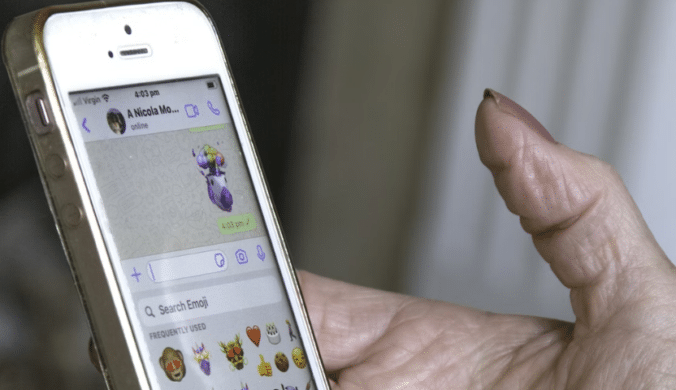5 Appropriate Greetings for Yom Kippur

Because Americans generally associate holidays with celebration, we use the word “happy” in almost all of our holiday greetings. Generally that makes sense because our country and its many distinct communities do a lot of holiday celebrating. But some holidays are meant more for commemoration and remembrance than as an excuse to party. Even in the U.S., our Veterans Day and Memorial Day holidays are (or should be) more about reflection and honor than making merry.
Among Jews, Yom Kippur or the Day of Atonement, is the holiest day of the year, and its central themes is repentance. It falls each year on the 10th day of the Jewish calendar month of Tishrei, which on the Gregorian calendar can fall anywhere between September 14 and October 14. Jews traditionally observe the day with a 24-hour fast and solemn prayer in synagogue. Because of Yom Kippur’s cultural significance, it’s often observed by many secular Jews who don’t observe other holidays.
With all that moral weight in mind, wishing someone a “Happy Yom Kippur” isn’t really appropriate for this holiday. No-one to whom you say it will likely rebuke you for it, but more respectful phrases are our there. Here are a few:
Appropriate Greetings for Yom Kippur

“Shana Tova”
Yom Kippur happens nine days after Rosh Hashanah, the Jewish New Year. So in between those two holy days, you should have no trouble using this Hebrew term, which very simply means “Have a Good Year.”
“Yom Tov” or “Gud Yuntif”
Although the Hebrew “Yom Tov” translates literally into “good day”, it’s meant to refer to the high holidays of Yom Kippur and Rosh Hashanah. It’s used as a greeting by both Ashkenazi (Eastern European) and Sephardic (Spanish or Portuguese) Jews. Ashkenazi Jews also use the Yiddish phrase “Gud Yuntif”, which has the slightly awkward transliteration of “Good good day”.
“Gmar tov” or “Gmar hatimah tovah”
“Gmar tov” translates into “a good seal” or “Gmar hatimah tovah” which translates into “a good final sealing.” Jewish tradition says that God writes each person’s fate for the coming year into the Book of Life on Rosh Hashanah—the Jewish New Year—and waits until Yom Kippur to “seal” the verdict. In the 10-day period from Rosh Hashanah through Yom Kippur, it’s traditional for a Jew to amend their behavior and seek forgiveness for wrongs he or she has done against other human beings. This greeting is often used within the Sephardic Jewish community.
“Ah gut gebentsht yohr”
This one will charm anyone who you know can speak or understand Yiddish. Since Yom Kippur comes so close to Rosh Hashanah, you can use this phrase, which means “A good and blessed year”.
“Tsom kal”
If you know the person is fasting for the day, you can additionally use this Hebrew phrase, which literally means “easy fast”.



